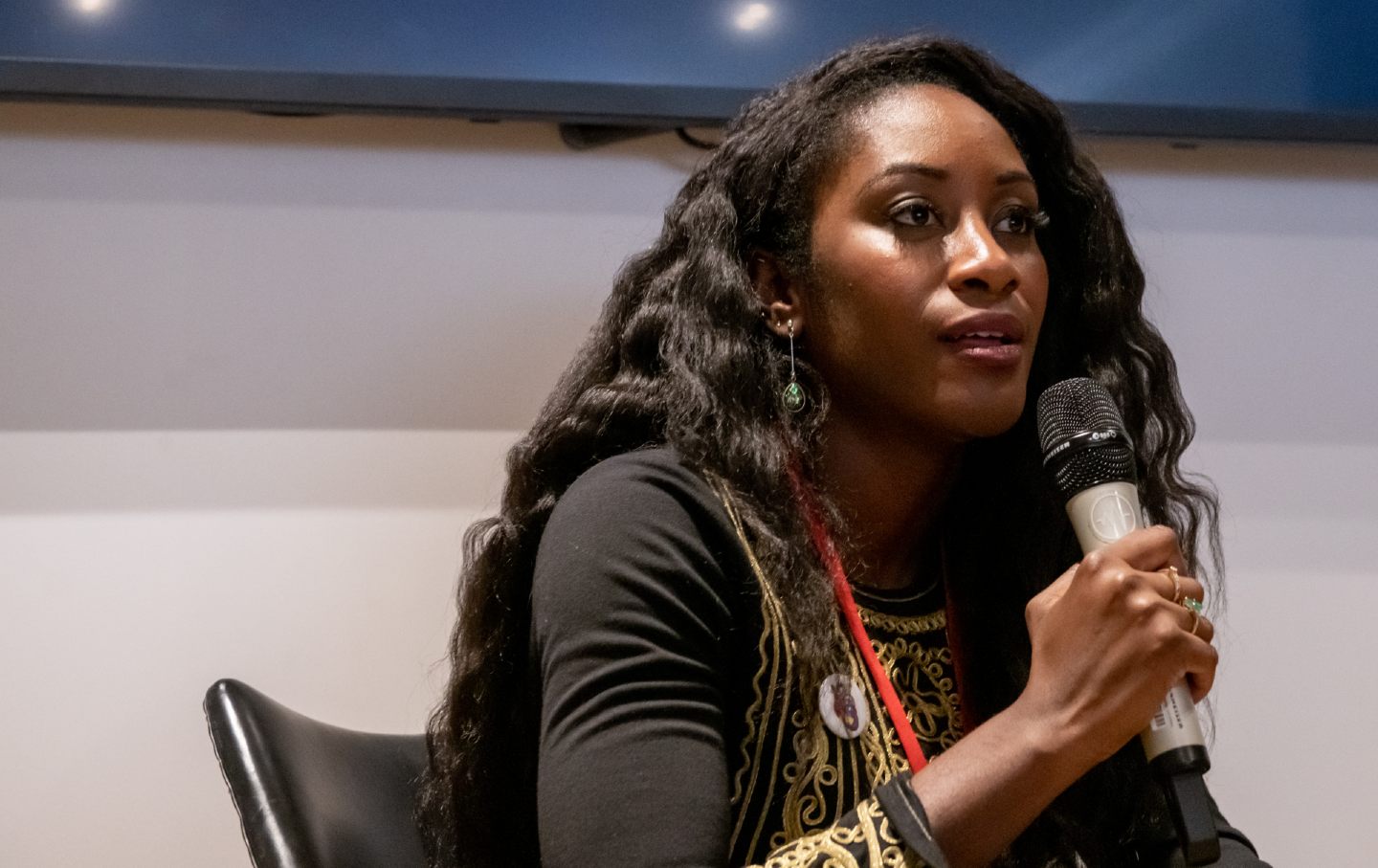
On September 17, Pete Hegseth, recently appointed as Secretary of War, unveiled a controversial policy that threatens to uproot decades of progress for service members suffering from a painful skin condition. Hegseth’s directive states that any member of the U.S. military requiring a shaving exemption for longer than a year will face discharge, effectively nullifying a longstanding policy designed to accommodate predominantly Black and brown troops afflicted by pseudofolliculitis barbae (PFB), a condition that can result in severe skin irritation and scarring from shaving.
In an August 20 memo, Hegseth emphasized the necessity of adhering to grooming standards, claiming they are essential to maintaining the “warrior ethos” within the military. This stance draws attention to a troubling legacy within the armed forces, where the imposition of grooming regulations has historically had disproportionate effects on soldiers of color.
The military’s grooming policy has mandated clean-shaven faces as a requirement for service. However, during the Vietnam War era, as the military expanded its recruitment of Black service members, the demand for “no-shave chits” increased. These waivers were vital for those suffering from PFB, commonly referred to as “razor bumps.” This skin condition, which affects a significant percentage of Black men—estimates suggest around 60%—causes painful pustules and can lead to chronic infections and permanent scarring if not managed properly.
Under Hegseth’s new policy, service members requiring shaving waivers must initiate a medical treatment plan to address their PFB. If they continue to need a waiver after a year of treatment, they will be discharged from military service. This directive raises serious concerns, as medical professionals and military experts largely agree that the most effective treatment for PFB is to avoid shaving altogether. Thus, Hegseth’s mandate appears to set the stage for an alarming wave of discharges, with Black service members likely bearing the brunt of the consequences.
The implications of this policy are particularly stark when considering the historical fight for equitable treatment within the military. For years, Black troops have advocated for policies that would enable them to thrive in service, including those addressing grooming standards. Hegseth’s approach reflects a troubling sentiment prevalent within certain circles of the current administration—a resistance to the diversification of military leadership and a desire to revert to outdated norms that prioritize conformity over inclusion.
This initiative aligns with a broader pattern observed during the Trump administration, which has sought to diminish diversity within federal ranks. Recent reports indicate that the administration’s layoffs have disproportionately affected Black women, who represent a mere 6% of the federal workforce but account for 12% of layoffs. Such statistics hint at a troubling trajectory that seeks to erase the progress made by marginalized communities within the government and military.
With over 200,000 Black active-duty members currently serving, the ramifications of Hegseth’s grooming policy are poised to be profound. The military has long been a critical pathway for upward mobility within the Black community, and this policy threatens to dismantle that opportunity for countless individuals who have dedicated themselves to service. This is no mere oversight; it is indicative of a deliberate strategy to undermine the advancements made in fostering a more inclusive and equitable military environment.
Hegseth’s actions should not be viewed in isolation but rather as part of a continuum of efforts to restrict the rights and opportunities of marginalized populations within the military and beyond. The push for grooming policies that disproportionately impact Black service members not only reflects a disregard for their well-being but also signals a broader ideology that seeks to maintain the status quo at the expense of diversity and equity.
As advocates for justice and equality, it is crucial to recognize and challenge these policies that threaten to reverse hard-won gains. The military should be a place that honors the diverse backgrounds and experiences of all its members, not one that enforces rigid standards that serve to alienate and marginalize. The call for change has never been more urgent, as we stand at a crossroads where the future of military service for Black troops hangs in the balance. The fight for a more inclusive military must continue, and it is up to all of us to ensure that the voices of those affected are heard and amplified in this critical moment.


